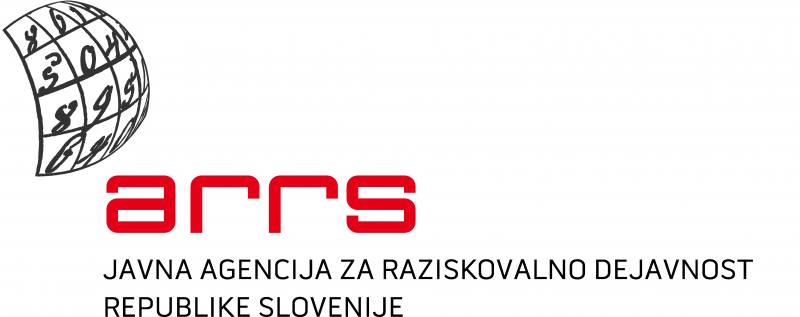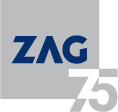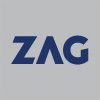
1. to develop methodologies for determination of isotope composition of “non-traditional” isotopes (U, Mo, Sr, Mg) and to apply advanced analytical tools (non-traditional isotopes and 2D MS mapping) to the analysis of formation of authigenic carbonate phases in freshwater sediments and aquifers, which have been recently recognized as an important global carbon sink;
2. to extend the knowledge on non-traditional isotopes of redox sensitive U and Mo, as well as Sr and Mg co-precipitating with carbonate in marine sedimentary systems to freshwater environments, so as to identify and quantify authigenic carbonate precipitation in fluvial and lacustrine environment, as well as in karstic aquifer;
3. to combine traditional geochemical tools (i.e. elemental ratios), stable isotopes of light elements (C and O), radiocarbon, and upgrade the obtained information with more powerful tools - isotopic ratios of non-traditional isotopes (U and its decay products, Mo, Sr and Mg) in carbonate and water in three different aquatic systems in areas with dominant carbonate lithology, so as to identify and quantify the extent of authigenic carbonate formation as C sink in analysed environments.
The test environments will be (i) a karstic limestone and doslostone aquifer, (ii) tufa barriers formed in a carbonate precipitating streamand (iii) lacustrine carbonaceous sediments formed in a lentic section of a tufa precipitating stream. The field studies will be complemented with laboratory mesocosm experiments, conducted to obtain information on element partition and isotope fractionation between water and carbonate, which cannot be directly measured in complex field samples. We will apply the most advanced high-resolution isotopic tools – multicollector mass spectrometry (MS-ICP-MS) and combine them with traditional stable isotopes of light elements, in search of reliable identifiers of authigenic carbonate. The MS mapping using laser ablation – ICP-MS combined with field emission scanning electron microscopy (FESEM) with energy dispersive microanalysis (EDS) and Raman imaging, to study individual grains of authigenic carbonate and obtain information, which cannot be obtained only by using the combination of routine chemical, mineralogical and sedimentological analytical methods. The result of the project will be an analytical toolkit for differentiation and quantification of authigenic from detrital carbonate even in complex sedimentary settings in areas with carbonaceous lithology.
To achieve this, we will join capacities and instrumentation of two department of the Jožef Stefan Institute (Environmental Sciences, Advanced Materials) and National building and civil engineering institute. Partners from leading international laboratories in the field of analytical chemistry, geochemistry and geochemical modelling will participate in the project and will contribute to the achievement of project objectives.

